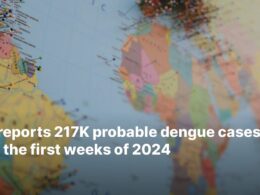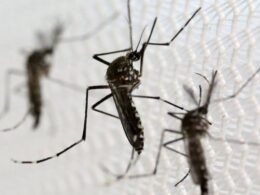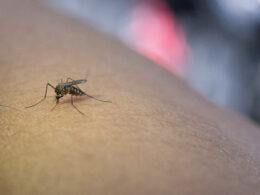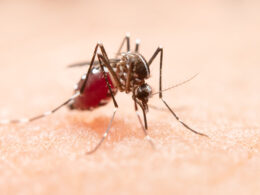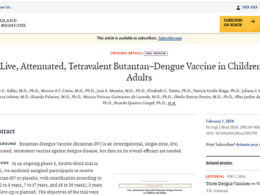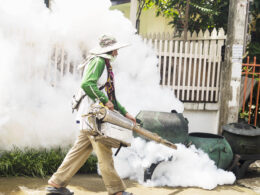healthtransformation
.foundation
Joaquim Cardoso MSc
February 14, 2024
This summary is based on the article “Has Dengue infection become more severe post-Covid? Report says this”, published by Mint and written by Sanchari Ghosh on October 20, 2023.
What is the message?
A recent report suggests that antibodies produced in response to COVID-19 may exacerbate the severity of dengue infections, raising concerns about the clinical progression of this vector-borne disease, particularly in regions where it is endemic.
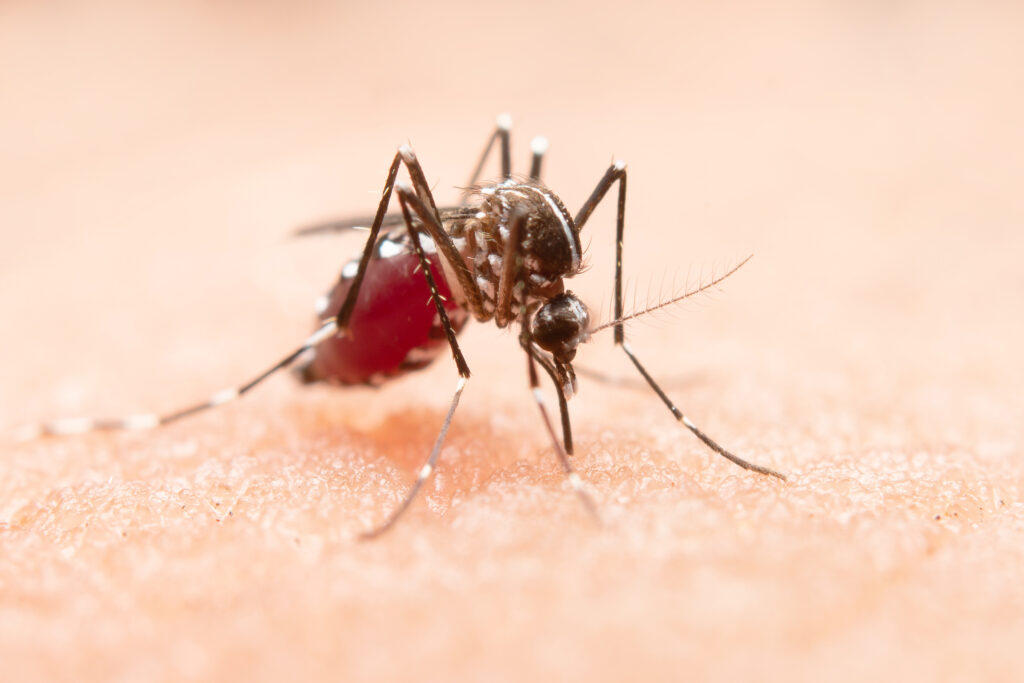
ONE PAGE SUMMARY
What are the key points?
Research Findings: Conducted by the Translational Health Science and Technology Institute (THSTI), the study reveals that antibodies generated from SARS-CoV-2 infection or experimental immunization can cross-react with DENV-2, a dengue virus serotype, potentially enhancing dengue infection in animal cells.
Implications: This study marks the first evidence of anti-SARS-CoV-2 antibodies contributing to enhanced dengue infection through antibody-dependent enhancement (ADE), highlighting potential challenges for SARS-CoV-2 vaccine development and deployment strategies, particularly in dengue-endemic regions.
Dengue Case Surge: Dengue cases have surged across India, notably in Uttar Pradesh and Tamil Nadu. Uttar Pradesh reports 24 deaths, with potential underreporting from private hospitals. Tamil Nadu anticipates a rise in cases with the onset of the northeast monsoon, projecting 1,000 to 1,500 cases in November and December.
Symptoms and Severity: Dengue symptoms range from high fever, severe headaches, and joint/muscle pain to rash and bleeding tendencies. Severe cases, termed dengue hemorrhagic fever, may result in plasma leakage and low platelet counts.
What are the key examples?
Research Source: The study, titled “SARS-CoV-2 antibodies cross-react and enhance dengue infection,” conducted by the THSTI.
Case Surge: Notable increases in dengue cases reported in Uttar Pradesh and Tamil Nadu, signaling a potential nationwide trend.
Conclusion
The findings underscore the need for comprehensive surveillance and management strategies to address the dual burden of COVID-19 and dengue. With the potential for increased dengue severity post-COVID-19, proactive measures are essential to mitigate the impact on public health and healthcare systems.
To read the original article, click here.
Study Abstract
Dengue disease is highly prevalent in tropical and subtropical regions worldwide. However, its pathogenesis is still incompletely understood, particularly in comparison to other endemic viruses. Antibody-dependent enhancement (ADE) is a well-known phenomenon for dengue viruses. Given the recent surge in dengue cases and potential cross-reactivity with SARS-CoV-2 antibodies, this study explores the impact of anti-SARS-CoV-2 antibodies on DENV-2 infection.
The study assessed the cross-reactivity of SARS-CoV-2 antibodies with the DENV-2 Virus. Human convalescent plasma samples collected during different waves of COVID-19 and monoclonal and polyclonal antibodies raised against SARS-CoV-2 were examined for their potential to cause ADE of DENV-2 infection using cell-based assays.
The study found that anti-SARS-CoV-2 antibodies acquired from natural infection in humans or through experimental immunization in animals were cross-reactive with DENV-2 and had the potential to enhance DENV-2 infection in K562 and U937 cells. In-silico and in-vitro studies indicated a strong interaction between SARS-CoV-2 antibodies and DENV-2 E-protein, providing a molecular basis for these findings.
This study is the first to demonstrate that anti-SARS-CoV-2 antibodies can cross-react with DENV-2 and can enhance its infection through ADE. These findings have implications for SARS-CoV-2 vaccine development and deployment strategies in regions where dengue is endemic.
To read the complete study, click here.





